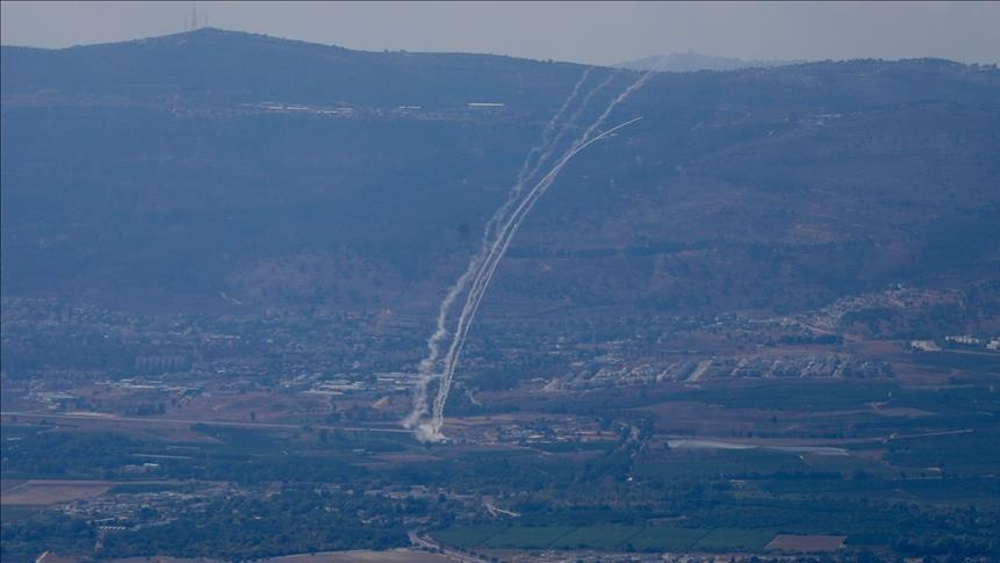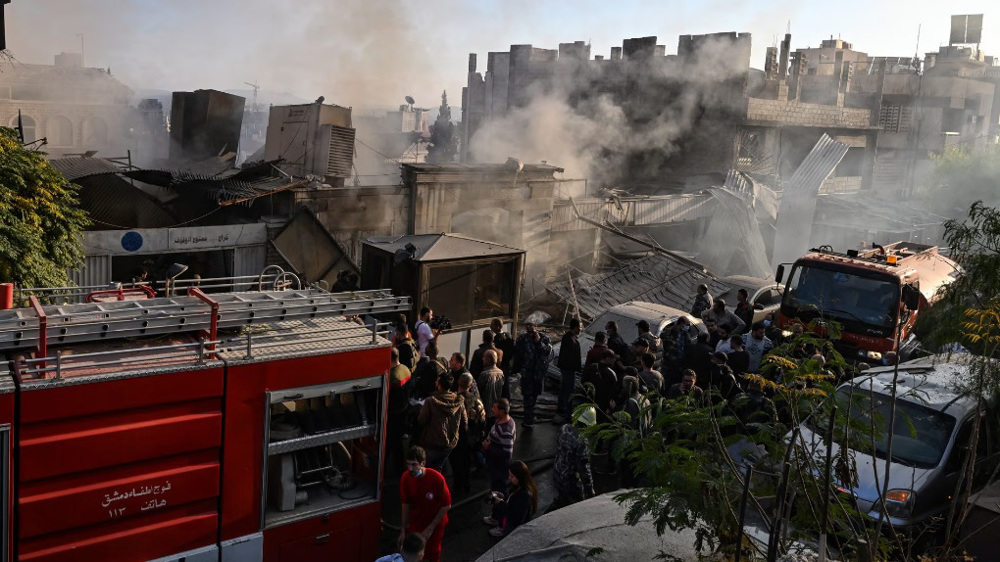Dimona has 1,537 defects: Report
A study has uncovered 1,537 defects in Israel’s Dimona nuclear reactor in the Negev desert, the Haaretz newspaper reports.
The defects at the aluminum core, where nuclear weapons were developed, have provoked safety concerns and fresh questions over Dimona’s future and a dilemma over the secrecy of Israel’s nuclear arsenal.
According to the report, there are growing calls for new safeguards and even a new research center – which could present Israel with a decision on whether to acknowledge for the first time that it has nuclear weapons.
The US-based Institute for Science and International Security estimated in 2015 that Israel had 115 nuclear warheads.
Israel has strongly opposed other regional powers, most notably Iran, obtaining nuclear technology which the country says it wants to generate electricity.
In the 1980s nuclear whistleblower Mordechai Vanunu, a former technician at Dimona, told a British newspaper that the center was used to create nuclear weapons. He was later jailed for 18 years for the revelations.
The core of the Dimona reactor was provided by France in the late 1950s and went online a few years later. Common practice is that such reactors are used for only 40 years.
Uzi Even, a chemistry professor at Tel Aviv University who was involved in the creation of the reactor, is concerned about the safety of the site and has campaigned for a decade for it to be closed – “so far, to no avail.”
He called for it to be shut off for security reasons. “This reactor is now one of the oldest still operating globally,” the AFP news agency quoted him as saying.
Michal Rozin, a lawmaker with the leftwing Meretz party, has called for a radical shake-up in policy in light of the safety worries.
“The nuclear reactor has no supervision besides the body that runs it, the Israel Atomic Energy Commission,” she wrote in a letter, seen by AFP. “We don’t need to wait for a disaster to make a change.”
While Israel is widely believed to have nuclear weapons, officials do not formally confirm or deny the claims – a policy often dubbed deliberate ambiguity.
Israel has yet to sign the nuclear Non-Proliferation Treaty – which would require its sites to undergo regular inspection by the International Atomic Energy Agency.
Professor Even said, “I don’t think we have the capability to build a new reactor alone.”
“And no one will sell us a reactor before we sign the nonproliferation agreement.”
Israel’s aggression inflicts $8.5 billion in economic losses on Lebanon: World Bank
Hezbollah attacks Israeli military bases in Tel Aviv, Haifa
Hezbollah strikes multiple Israeli targets in fresh retaliatory operations
VIDEO | New Zealand: Maori MPs protest in parliament with Haka war dance
Pezeshkian: World has come to believe Iran seeks peace, security
Houthi: US bombs inflame, escalate wars of extermination in West Asia
VIDEO | Press TV's news headlines
UN report says Israel’s methods in Gaza align with ‘genocide’










 This makes it easy to access the Press TV website
This makes it easy to access the Press TV website